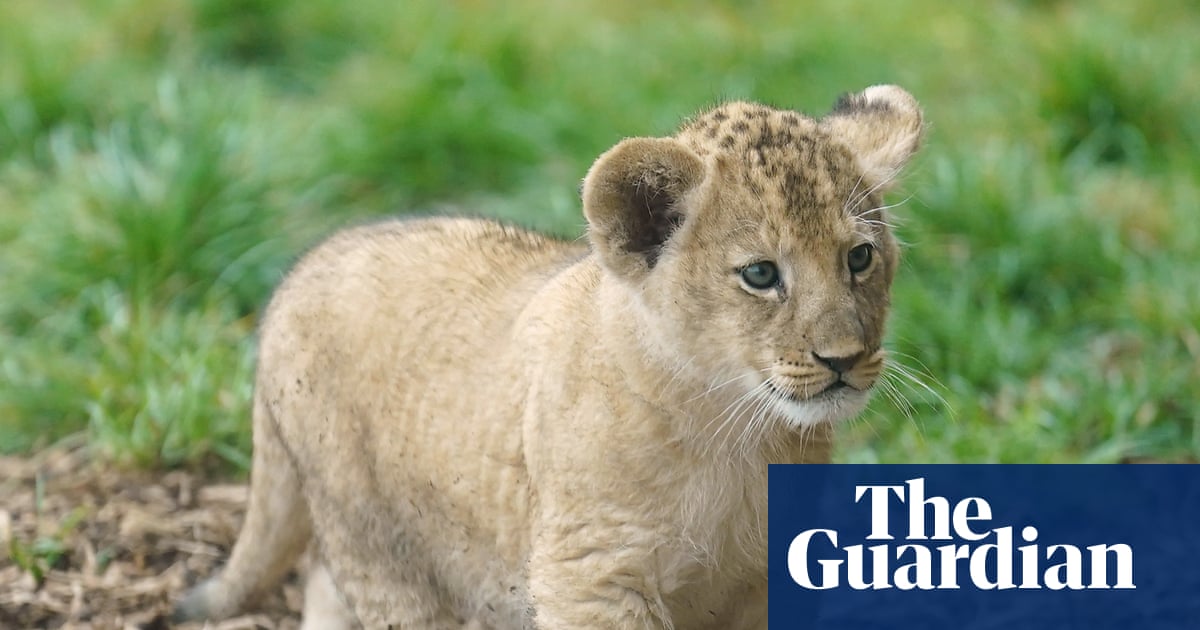Diners jump at chance to snuggle with cubs but wildlife experts accuse firm of ‘exploiting wild animals for selfies’
A restaurant in northern China has been criticised by animal welfare groups for offering an unusual item on the menu: lion cub cuddles.
According to a screenshot of a menu circulating on social media, Wanhui – a restaurant in Taiyuan, the capital of Shanxi province – has a four-course set afternoon menu costing 1,192 yuan ($166/£124) that includes playtime with the in-house animals.
The restaurant’s profile on Dazhong Dianping, a popular restaurant listings app, shows pictures of the lion cubs alongside other animals, such as deer and alligators.
The menu on the Dianping page does not include lions in its list of animals but says customers can play with llamas, turtles and meerkats.
Several photos show customers snuggling the baby lions.
In one review posted this month, a customer sits with a lion cub on her lap, holding the its paw to wave to the camera.
While some influencers have jumped at the chance to post eye-catching photographs on social media, the reaction of Chinese people online has been mostly negative. “They’re putting profit above consumer safety – it’s way too dangerous,” wrote one Weibo user.
Chinese media reported that the Shanxi forestry and grasslands bureau was investigating the matter, adding that this kind of human-animal contact was prohibited.
Peter Li, a China policy expert for Humane World for Animals, told Reuters: “Exploiting wild animals for selfies and marketing gimmicks is not only appallingly bad animal welfare, it’s also potentially risky for customers.”
It is not the first exotic animal welfare scandal in China. Last month, tourists visiting a zoo in Liaoning, in the north-east, were condemned for reaching through a metal grate to pull tufts of hair off a tiger.
A hotel in Chongqing, a city in south-west China, recently attracted scorn for offering a “wake-up service” delivered by red pandas, which could climb into guests’ beds.
Contact between humans and exotic animals has also been highlighted by experts as a potential risk for the spread of zoonotic diseases, such as Covid-19.
Staff at Wanhui repeatedly hung up the phone when called by the Guardian.
According to Reuters, the restaurant said the lion cubs were well cared for by specialist staff.
Additional research by Lillian Yang
Source: www.theguardian.com
